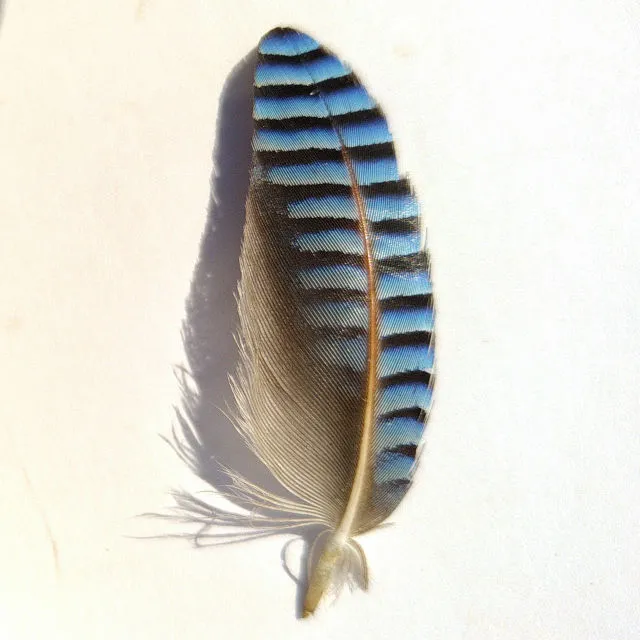P.s I’m not gonna handwash. That’s too much
It’s the heat. Wash your wool at the lowest temperature (20°c or no heat) and it’ll be fine.
In this regard, hand wash makes no difference. If you hand wash it in warm water it’ll also shrink. The reason why hand wash is recommended is to avoid tearing of finer wool fabrics. Wet wool tears easily.
Machine drying will also shrink it, because of the heat and the risk of tearing is also a problem there. Better to hang dry.
If you have already shrunken your sweaters, you can use a steamer or iron with steam functions or a regular iron and a wet rag. When the wool is hot and damp, you can reshape it. Be careful not just to stretch it wildly in all directions, because that’ll likely just make it a funky shape. It’s usually lengthwise that needs the most stretching because it shrinks proportional to the individual pieces of fabric.
You should always stretch fine wool after washing before hang drying. Otherwise it will shrink.
Tl:dr; wash without heat, stretch it while hang drying.
Basically, heat.
Just gentle cold wash and hang to dry (no dryer). If it still shrinks then it’s not a practical garment for you.
deleted by creator
Most of the time clothes shrink after being on high settings on the dryer. Check out the clothing tag and see if they are low tumble on delicate
Both washer and dryer can cause shrinkage, but the dryer will cause more. Also natural fabrics will shrink more (by far) than polyesters. To your comment “I’m not gonna handwash. That’s just too much.” Well no one can blame you for that. But it’s still true that the gentler you wash your clothes, the less shrinkage you’ll get. It’s a balancing act, how much effort you’re willing to put in vs how long you want your clothes to last.
Personally I’m a natural fabric addict, there is very little non-natural fabric in my wardrobe. And I also do hardly any hand washing, but not zero. I often use a gentle cycle on my wash machine (top loader, sadly). Any non hand-wash garments that I still want to protect go in a garment bag on the gentle cycle, and do NOT go into the dryer. The bulk of my wardrobe gets dried but on low heat, and pulled before it’s quite all the way dry, because a lot of shrinkage happens as the garment goes from barely dry to fully dry. In particular my knits get the low temp dryer, and also any clothes which I consider semi-delicate, particularly well loved or barely big enough.
The combination of heat and agitation are needed to shrink fabric (especially wool). Heat makes the normally kinky, twisty, grippy fibers more flexible and looser. Agitation allows the loose fibers to reach other fibers farther away and grab onto them as they cool, pulling them closer, thus shrinking the fabric.
Heat and very careful stretching can somewhat restore the original size, but restoring the shape is harder.
The combination of heat and agitation are needed
For the record, agitation is not necessary, although it may increase the shrinkage. I have often successfully shrunk smaller pieces of fabric by simply wetting it and ironing it dry. I watch the fabric shrink before my eyes, just as the fabric gets dry. I do this with cottons, linens and rayons.
Do they shrink in the wash? Maybe you could wash on a cold cycle and hang-dry, since I suspect drying in a machine would do the most shrinking.
Low rpm spin speed might help too.
I am a lazy launderer and my partner has loads of clothes of various fabrics.
My trick that has never let me down:
wash everything on cold
When rotating to the dryer, indiscriminately pick out any tops that don’t feel like regular “t shirt” fabric, pick out all bottoms that aren’t obviously cotton, pick out all wool, pick out all dresses, button up shirts, skirts, or “full body” garments as regardless of what fabric they feel like they tend to be more sensitive to the heat.
The rest can go in the dryer, but hang dry all the stuff you picked out.
I might end up hang drying more than I need to, but it beats the hell out of checking the tag on every individual garment.
Wash with cold water, always.
Don’t put your sweaters in the dryer, hang ‘em up - put them in the dryer for 10min once they’re dry
What do you do with the sweater in the dryer it it’s dry?
It makes it softer. Same reason people used to iron everything before electric dryers were common.
Heatless tumble setting of some sort works best
Wash with cold water and hang dry stuff as much as you can.
- no wool
- anticipate 3% shrinkage on new items
- front loader
- cold wash
- no fab softener
- line dry
Wait a second, what does a front loader have to do with it?
Front loaders are generally gentler on clothes because they only spin and don’t oscilate at all. Also they don’t have a spiny tube thingy in the middle.
Many top loaders don’t have the tube in the center.
Yeah but the concept is still the same. Top loaders submerge and scrub, front loaders dunk.
deleted by creator
Not OP but i just found an answer. Top loaders may have a center agitator which is there to … agitate more – which we don’t want to do.
Any machine that is without a center agitator will be more gentle on clothes and less likely to cause shrinking due to fiber damage and consolidation. If you have a top-loading washer with a center agitator, reduce its impact on your garments by opting for a gentle or hand-wash cycle.
(from the same link that i posted in another comment)
Top loaders submerge & scrub. Front loaders dunk.
Try eating less 🧠
Are you a fashion designer? 😂
Lol! That one’s on me
Why does it happen? My first answer, it’s dur to felting which happens mostly with sorts of wool that have a hairs with a scaled surface. Felting (when producing felt) is done by moisturing, heating and heavy agitation, so that the scales interlock at a compressed state and then stay that way.
Search turns up several ways of shrinkage though, for different types of fiber: felting, relaxation, consolidation, and contraction. Interesting to read --> Why Do Clothes Shrink in the Wash?
- Hot water can shrink certain fabrics. Particularly cotton.
- Fabric softener can also shrink fabrics, though usually not enough that it no longer fits so much as returning stretched out shit back to their normal fit.
Clothing shrink happens when fibers absorb water/warm up and the edges of their structure (cellulose strands in cotton, protein scales in wool) stand up more and become more likely to catch on their neighbors. When they do, the fibers lose their ability to move independently from each other. As this happens, more and more fibers catch, turning the agitation in your washer and dryer into a sort of ratchet that shrinks the dimensions of the fabric.
Cotton can be un-shrunk with constant pressure. Ever had 100% cotton jeans tighten up in the wash that feel great after a day of wearing them? They shrunk and then your body undid the shrink. Wool isn’t as forgiving - the aforementioned scales clamp down on each other when they cool and dry and are effectively impossible to get free from each other. Wool can be treated before it is knit or woven into cloth to prevent shrinking and make it safe for the wash. Treated wool usually has a trade name attached to it like Superwash or something similar.
Shrinkage happens as a consequence of heat, like others said.
Other factors like the type of cycle in your washer or the soap brand don’t really affect the shrinking per se, but they absolutely have an effect on the life of your fabrics and yes, they can be responsible for deformation and irregularities in your garments (especially if the clothes are cheap, or if the products you use are not of great quality).
Bear in mind that some fabrics like cotton will shrink a bit no matter what, as the fibers get stressed a lot when you wet and then dry them.
Cotton tangles as it gets wet. Tangled fibers get caught behind eachother in the fabric, which makes them slightly shorter.
But you can fix that by just gently pulling on them, either by ironing (but hahaha), or by literally just pulling…






